-
 Seasonal - Ryoufuu Matcha by Yamamasa Koyamaen (Cold Brew)
Seasonal - Ryoufuu Matcha by Yamamasa Koyamaen (Cold Brew)
Sold Out -
 Seasonal - Wakaba Matcha by Yamamasa Koyamaen (New Leaves)
Seasonal - Wakaba Matcha by Yamamasa Koyamaen (New Leaves)
Sold Out -
 Tennouzan Matcha by Yamamasa Koyamaen
Tennouzan Matcha by Yamamasa Koyamaen
Sold Out -
 Seiun Matcha by Yamamasa Koyamaen
Seiun Matcha by Yamamasa Koyamaen
Sold Out -
 Kaguraden Matcha by Yamamasa Koyamaen
Kaguraden Matcha by Yamamasa Koyamaen
Sold Out -
 Kasuganomukashi Matcha by Yamamasa Koyamaen
Kasuganomukashi Matcha by Yamamasa Koyamaen
Sold Out -
 Chajyunomukashi Matcha by Yamamasa Koyamaen
Chajyunomukashi Matcha by Yamamasa Koyamaen
Sold Out -
 Hasami Block Mug, Regular, Peach
Hasami Block Mug, Regular, Peach
$ 22.00 -
 Hasami Block Mug, Big, Peach
Hasami Block Mug, Big, Peach
$ 28.00 -
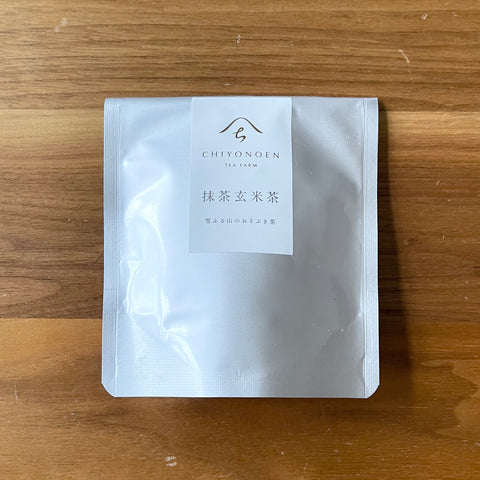 Organic Genmaicha with Matcha by Chiyonoen
Organic Genmaicha with Matcha by Chiyonoen
Sold Out -
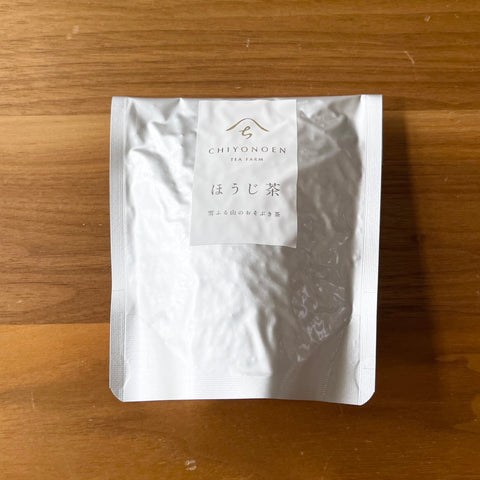 Organic Hojicha by Chiyonoen
Organic Hojicha by Chiyonoen
$ 18.00 -
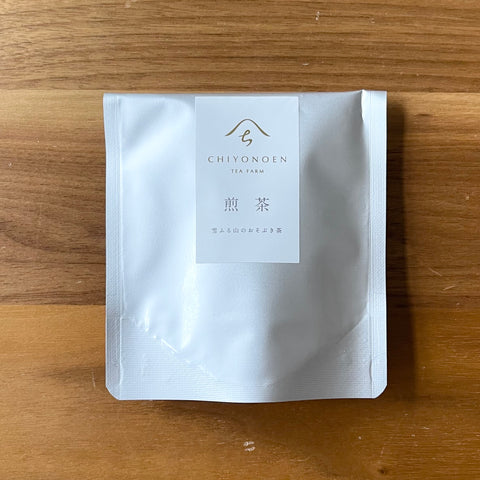 Organic Sencha by Chiyonoen
Organic Sencha by Chiyonoen
$ 18.00 -
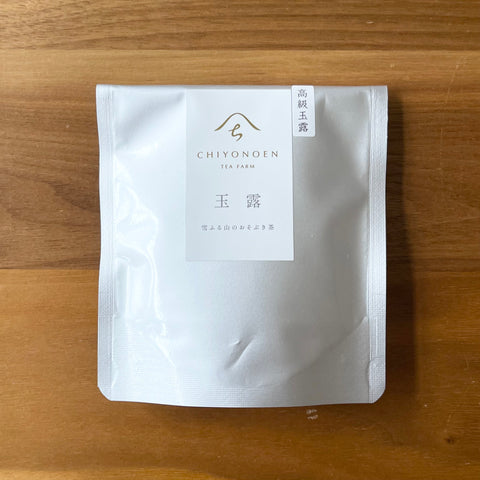 Gyokuro by Chiyonoen
Gyokuro by Chiyonoen
$ 45.00 -
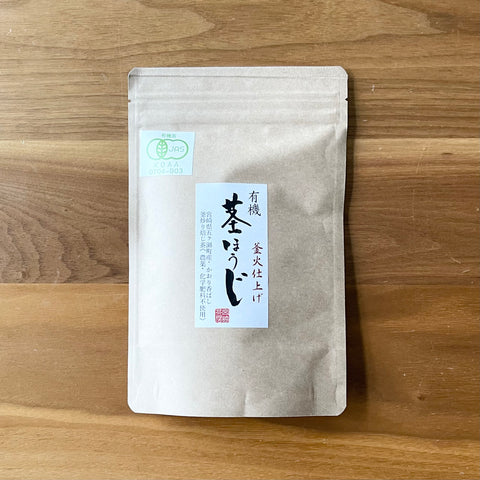 Organic Stem Hojicha by Miyazaki Sabou
Organic Stem Hojicha by Miyazaki Sabou
$ 22.00 -
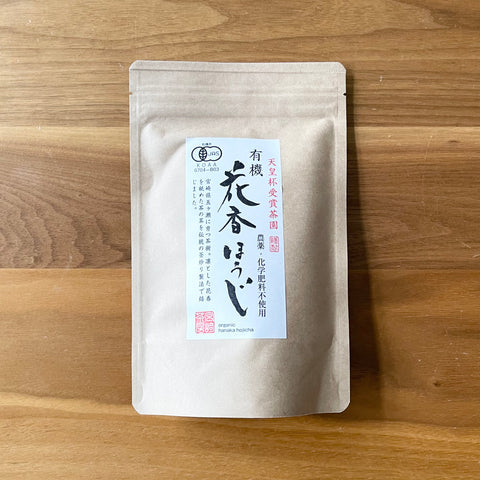 Organic Floral Hojicha by Miyazaki Sabou
Organic Floral Hojicha by Miyazaki Sabou
$ 22.00 -
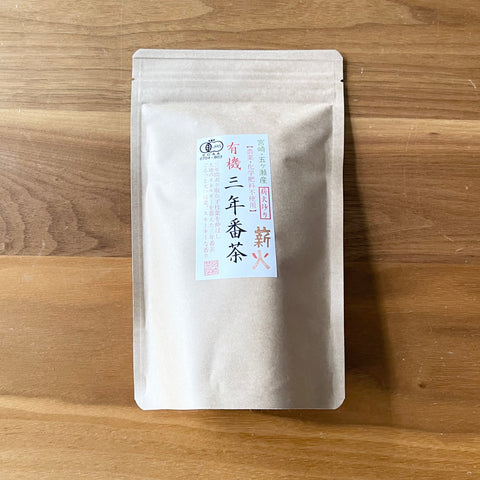 Organic 3 Year Aged Bancha (For Boiling) by Miyazaki Sabou
Organic 3 Year Aged Bancha (For Boiling) by Miyazaki Sabou
$ 25.00 -
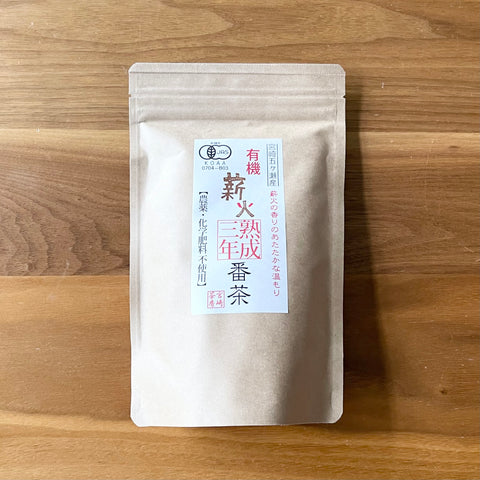 Organic 3 Year Aged Bancha (For Brewing) by Miyazaki Sabou
Organic 3 Year Aged Bancha (For Brewing) by Miyazaki Sabou
$ 25.00 -
 Organic Genmaicha by Miyazaki Sabou
Organic Genmaicha by Miyazaki Sabou
Sold Out -
 Nijiyura Tenugui, Trick or Treat
Nijiyura Tenugui, Trick or Treat
$ 24.00 -
 Nijiyura Tenugui, Happy Halloween, Orange
Nijiyura Tenugui, Happy Halloween, Orange
$ 24.00 -
 Nijiyura Tenugui, Happy Halloween, Green
Nijiyura Tenugui, Happy Halloween, Green
$ 24.00 -
 Nijiyura Tenugui, 12 Zodiac Animals
Nijiyura Tenugui, 12 Zodiac Animals
$ 24.00 -
 Nijiyura Tenugui, Ice Cream
Nijiyura Tenugui, Ice Cream
$ 24.00 -
 Nijiyura Tenugui, Star Festival
Nijiyura Tenugui, Star Festival
$ 24.00
























